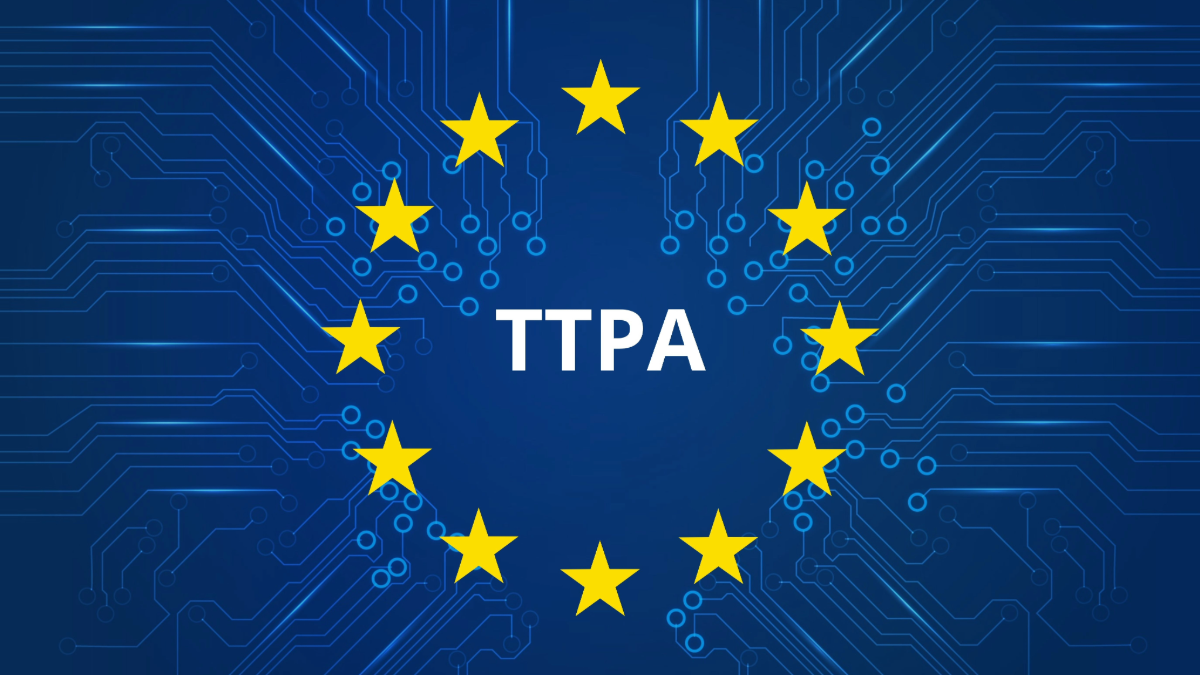Meta and Google’s Ad Ban Upends Political Campaigning in Europe
Sam Jeffers / Oct 22, 2025The collective decision by Meta and Google to ban political, social and issue-based ads in the European Union, citing the European Union’s new Transparency and Targeting of Political Advertising (TTPA) regulation, is a seismic shift that will fundamentally reshape political campaigning across the continent.
Some will rejoice. Political ads can be annoying, particularly if a politician or argument you don’t like is repeatedly thrust into your social media feeds. After the 2016 US presidential election and Brexit referendum, people, mostly incorrectly, ascribed Facebook ads with magical powers of persuasion. Surely stopping them will also stop bad things like these happening again?
Unfortunately, this view is wrong. There are no winners here — not the tech companies, not the EU, not parties, campaigns or charities, not voters, not advocacy and research organisations like ourselves, nor democracy.
The primary result of collective ban on political ads is that online political speech in the EU will become even more algorithmically mediated. Political actors will have significantly less control over whether anyone sees their material than they do now.
For some who built their politics and careers around online attention and engagement, the ban will extend their advantage. By contrast, the relative losers will be the more “normal” politicians, who prefer to talk about policy or don’t have any particular social media magnetism, as they can no longer pay for speech and reach on the largest platforms.
The logical extension of this is that we’ll see many more politicians flailing around, trying to generate engagement, “go viral,” pay “creators” or hire networks of accounts off-book to try and earn their own tiny drop of attention. Political speech in Europe will become more extreme and polarized as politicians search for whatever juice the algorithms can give them. “Reasonable” online politics will be harder to find.
The problem is that not everyone can be a Zohran Mamdani, a charismatic, young, video-first politician running in a world-famous city like New York where lots of people are already paying close attention.
By comparison, most politicians are quite conservative. A local election candidate, with a remit to keep the library open and ensure potholes are filled, previously only needed to spend a few hundred euros buying ads to target potentially interested voters in their constituency. Now, they might need a videographer, designer, copywriter, stylist and brand strategist if they’re to stand out (let alone needing to display actual charisma and unique policy positions).
Ads made things simpler for such politicians. They could choose the area they wanted their ads to run in and when their messages started and stopped. Social media algorithms don’t work like that. They create a ranked jumble of content based on predictions about what a user might be interested in or engage with, with the goal of keeping them on the platform to see (ironically) more advertising. If the algorithm decides to, it can show a post to anyone.
The result will be organic social media posts by local politicians in Paris showing up to voters in Perpignan. Millions of Europeans will now see “vote for me today” messages about elections that happened a week ago. This is inefficient for campaigns, voters and democracy, but it’s also bad for the social media companies too, because their services will show less relevant political content.
Another set of losers from Meta’s ban (which is broader than that of Google) are European charities, which spend millions of euros a year on ads to advocate for political change and find new supporters. While it appears as if some fundraising advertising is continuing, allowing organizations like Medecins Sans Frontieres and UNICEF to raise money for critical causes, implementation of the ban seems variable, with people reporting patchy implementation.
Government communications in the EU will also be affected. Many national and local governments, and their agencies, use political ads to promote topics like the opening of a new park, media literacy, and the rollout of social programs and public health initiatives. They’ll be in the same position as the local politicians, and there will be real world implications, for example in vaccination rates. “Make videos the algorithms will like” isn’t a realistic replacement for slow, often vital government communications.
Why are the companies doing this?
When the TTPA was passed, it included a ban on the “profiling” of the targets of political ads which used special category data, as defined by Europe’s data protection rules, without explicit permission from the user.
Like a food label which tells us a product “may contain traces of nuts,” Meta seems to be saying a) it can’t guarantee special category data isn’t included in the targeting mixture for any form of advertising and b) it certainly doesn’t want to go and try to get explicit permission from a few hundred million European users to keep serving them political ads. Because it can’t disentangle such data, let alone make it transparent and consented, Meta argues a political ad ban is the only way forward.
But we didn’t really need to end up here. By limiting targeting options for advertisers, the TTPA tried to do too much.
What should have been a regulation to set common transparency standards and advertiser verification processes instead included provisions that made it harder to convince the largest tech platforms it was in their interest to comply. Adding in the threat of large DSA-sized fines (up to 6% of global revenue) and delegating responsibility for the regulation to national regulators made it even more complicated.
Which company lawyer would allow their employer to fall within the bounds of this law given the risk that a Lithuanian, Latvian or Luxembourgish regulator might come after them for billions of euros for mis-identifying some ads as non-political and failing to limit their targeting options accordingly?
The clean, bright lines needed to make anything more than a useful piece of transparency legislation workable simply don’t exist.
So now we are in a world of unintended consequences. The TTPA doesn’t weaken Meta or Google, who will barely notice the lost revenue of European political advertising. But, despite being well-meaning, it does weaken European democracy.
Will anyone actually benefit from social media ads disappearing?
It’s important to note that the TTPA isn’t just about political ads on Meta and Google, even if that was the original focus of the law. The key will be in the implementation, but citizens in the EU should benefit from the wider transparency provisions of the regulation, even if a large and predictable portion of advertising spending is now gone. It may become easier to follow a larger number of things, some of which, like influencer spending, have been hereto invisible.
But as above, this seems to help some people more than others. For example, Hungary’s next parliamentary elections are in spring next year. For years, prime minister Viktor Orbán and his party, Fidesz, have dominated the Hungarian media landscape, including the use of paid political advertising to reach voters. His anti-immigration, conservative message will likely continue to find plenty of algorithmic reach, now supported by a more opaque army of paid influencers, media outlets and other, shadier forms of amplification.
This may also happen across Europe, where there are a number of national and state elections over the next couple of years where far-right parties, already enjoying a significant algorithmic advantage, will do well.
Was there a better way?
Instead of the TTPA’s broad approach, a more limited regulation focusing on a combination of user controls and transparency would have set standards and expectations across the market without creating such widespread disruption and uncertainty.
There are no perfect answers in political advertising, but a better balance would have understood the risk that the platforms would leave the market, resulting in a more polarized and unpredictable political conversation.
“Doing what the platforms will tolerate” is clearly a suboptimal way to make policy, but if the only people to truly benefit from change are the ones who present the greatest challenge to democracy, we’re in a very bad place.
Authors

